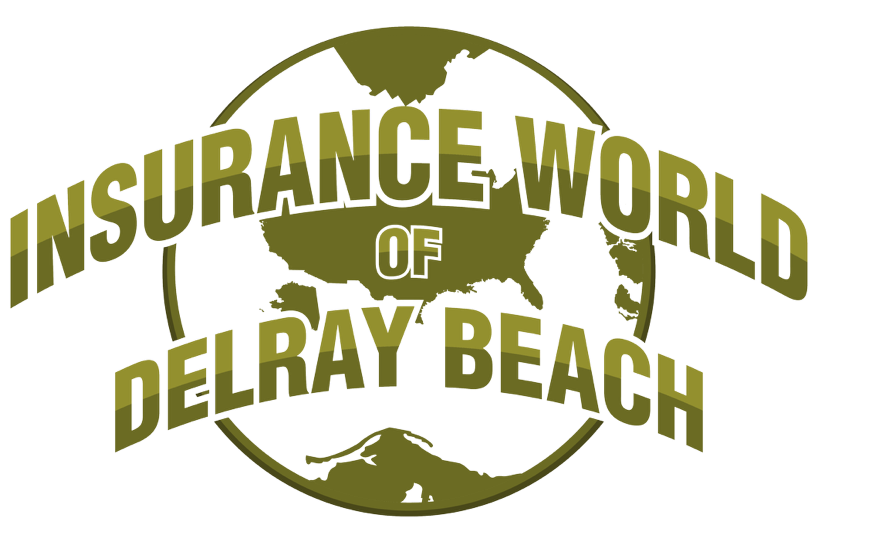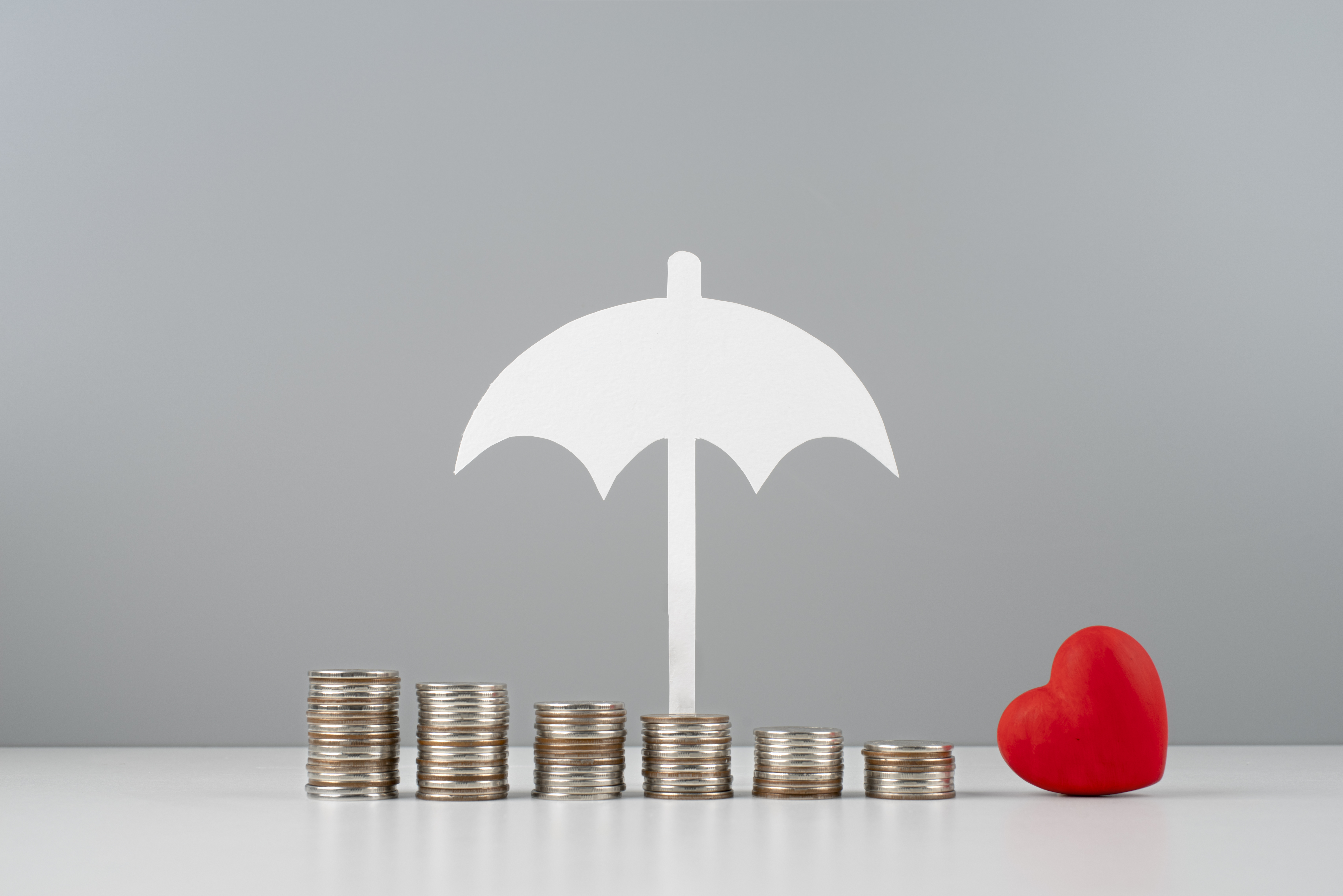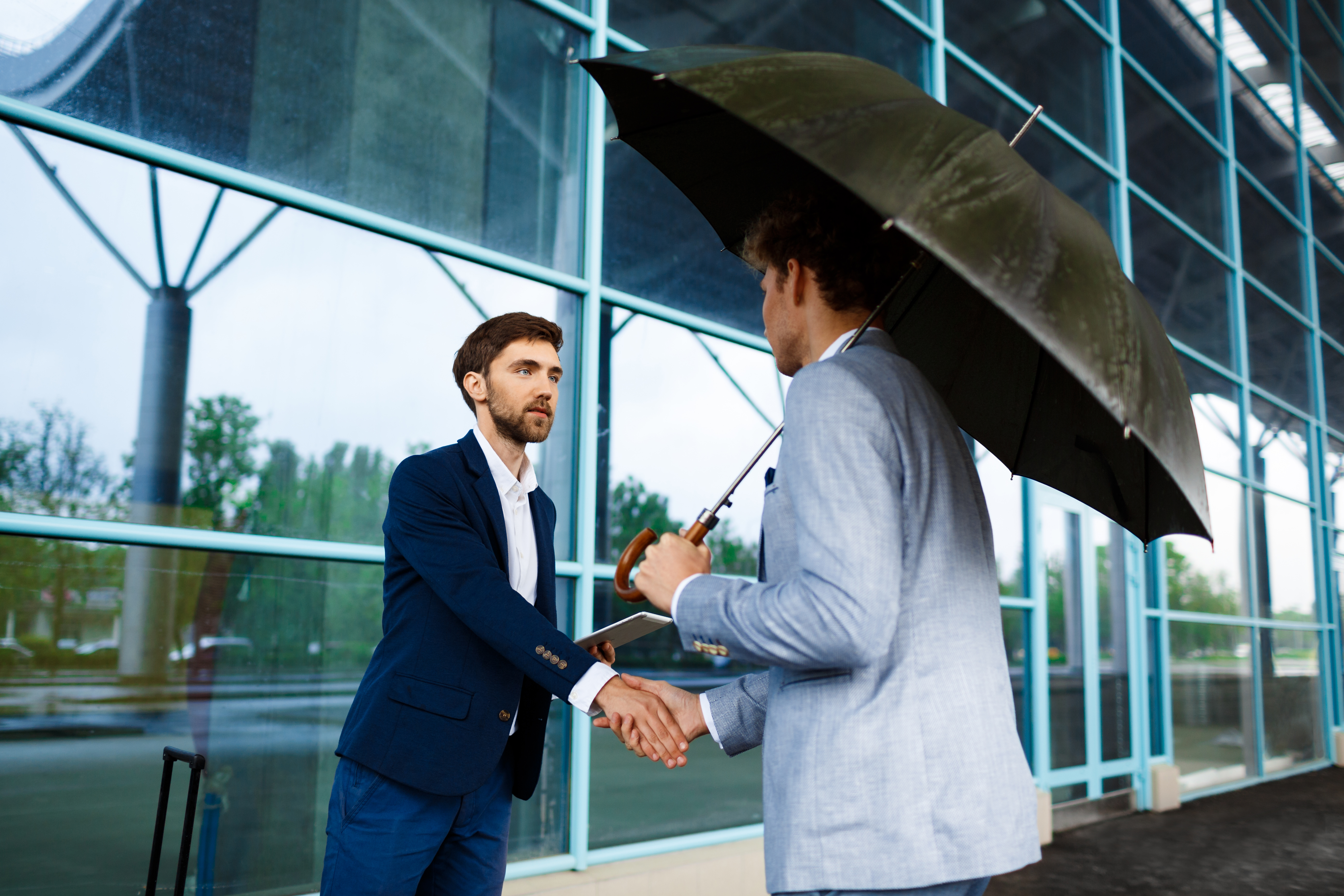Slip & Fall Season: A Guide to Preventing Liability
Evan Sheiman
Embrace a Proactive Approach: Don't Wait Until Something HappensAs autumn leaves start to fall and temperatures drop, business owners face the increased risk of slip-and-fall incidents. It's not...
Embrace a Proactive Approach: Don't Wait Until Something Happens
As autumn leaves start to fall and temperatures drop, business owners face the increased risk of slip-and-fall incidents. It's not just icy sidewalks that should be on your radar; the varied and often unpredictable weather conditions make this season ripe for accidents. Proactive planning and coverage review are essential for safeguarding your business before any mishaps occur. Now is the time to ensure you have comprehensive insurance protection in place to shield your business from potential liabilities.
Create a Detailed Slip-and-Fall Prevention Plan
A robust slip-and-fall prevention plan is your first line of defense against accidents and liability claims. Conduct daily walk-throughs, maintain clear signage, and promptly address needed repairs. With the changing weather, prioritize specific tasks like prepping for snow and ice removal. Remember, maintaining a safe environment isn’t just about safety—it's a shield against liability claims.
Document Everything with Diligence
In today's litigious environment, documentation is crucial. Keep logs, take photos, and store surveillance footage to defend against false claims or demonstrate due diligence. A well-documented incident can make all the difference in supporting liability defense, proving that your business took all reasonable precautions.
Understand Your Exposure and Protect Against It
Slip-and-fall incidents are among the most common injuries in commercial settings—yet, they're also preventable. Wet floors, poor lighting, and uneven or icy walkways can quickly escalate into liability claims or lawsuits. Recognize these hazards and address them promptly to mitigate exposure.
Train Your Team for Effective Prevention
Investing in team training on spotting hazards and handling accidents can significantly reduce risks. Emphasize the importance of documentation and quick responses to incidents to strengthen your liability defense. Your team is your first responder; make sure they're prepared.
Know What Your Insurance Covers (and Doesn’t)
Understanding the scope of your insurance is vital. General liability insurance covers customer and visitor injuries, while workers’ compensation is for employee injuries. Commercial property insurance protects against property damage, and umbrella policies offer coverage beyond basic limits. Ensure you have the right coverage in place to handle potential slip-and-fall incidents.
In conclusion, slip-and-fall season is a reminder of the importance of readiness. By acting now, you can prevent accidents and protect your business against costly liabilities. Reach out to your insurance advisor to review your current coverage and guarantee it's up to the task this season. It's time to ensure the safety of your business, staff, and customers.





































